President Trump’s foreign policy is going surprisingly well abroad, write Michael O’Hanlon and David Gordon. The president deserves no sympathy for his tirades, tweets, and White House turbulence, they argue, but while his domestic policy ideas seem quite outside the mainstream, his national security team is performing much better than it is being given credit for. This piece originally appeared in USA Today.
President Trump’s foreign policy is going surprisingly well abroad, whatever might be happening on any given day at 1600 Pennsylvania Ave.
The president deserves no sympathy for his tirades, tweets and White House turbulence. But while his domestic policy ideas seem quite outside the mainstream, his national security team is performing much better than it is being given credit for.
To be sure, it is far too soon to breathe a sigh of relief about this administration; Trump’s mercurial temperament has not abated since his inauguration. For whatever the reason, though, he has chosen a national security team that appears excellent — and that has already calmed many nerves around the world.
The most recent news, the appointment of Army Lt. Gen. H.R. McMaster as national security adviser, will reinforce this trend. None of the world’s crises is about to be resolved any time soon. But let’s give credit where it’s due relative to what are reasonable expectations for the first month of any new administration, especially one run by a populist non-politician known for three decades of extreme rhetoric.
Let’s do a quick tour of the world:
On East Asia policy, Secretary of Defense James Mattis took the administration’s first overseas trip to visit Tokyo and Seoul. He made the case for strong U.S.-Korea and U.S.-Japan alliances, endorsed the stabilizing Obama policy to defend Japan’s Senkaku islands from any military moves by China, voiced non-militaristic and calming words about how to address China’s behavior in the South China Sea, and talked pragmatically about how to cooperate in addressing North Korea’s nuclear and missile threats.
The president himself, when hosting his golf weekend with Japanese Prime Minister Shinzo Abe thereafter, followed suit even after North Korea’s latest missile launch.
In addition, Trump himself informed Chinese President Xi Jinping that the U.S. will remain committed to the “One China” policy. Because Beijing would likely go to war against Taiwan to prevent independence, a conflict that might well suck in the United States, this is not a risk we can afford to exacerbate. Despite his desire to shake things up on the world stage, Trump was dissuaded from his earlier statement about staying agnostic on this policy. That was hugely reassuring news, but the Washington talking heads circuit treated it like just a momentary news blip, before getting back to the latest innuendo over Michael Flynn or a new Trump tweet.
Similarly, the president backed away both from moving quickly to declare China a currency manipulator and from imposing large across-the-board tariffs on Chinese goods. Although the president will no doubt take a tough stance on China’s trade policies, he is avoiding the most counterproductive policy options that had been on the table.
Turning to the Middle East, Trump has also sought to reassure U.S. allies, including both Israel and key Arab states, who had strained relations with President Obama, especially over the Iran nuclear deal. In his meetings with Israeli Prime Minister Netanyahu and Saudi King Salman, Trump dampened expectations that the United States would walk away from the agreement by instead emphasizing the need for much more stringent verification of Tehran’s compliance.
Moreover, like all his predecessors, Trump is being drawn into the Arab-Israeli peace-making vortex. Both King Salman, in his phone call with Trump, and Jordanian King Abdullah in his face-to-face meeting with the president almost certainly pushed him to restart diplomacy between Israel and the Palestinians. After the president briefly challenged the need for a two-state solution, Nikki Haley, our ambassador to the United Nations, clarified that such a policy was indeed still supported by America.
Moving to Europe, Defense Secretary Mattis spent last week there; Secretary of State Rex Tillerson and Vice President Pence also visited. Although they attempted to keep a bit of the fear in the minds of allies as they pushed for greater alliance and military burden-sharing, they clearly reiterated the U.S. commitment to NATO. They were right to do so, on both points. The question of America’s commitment is not an issue to play around with, given the possibility that Russia could otherwise feel emboldened to challenge the sovereignty of former Soviet or Warsaw Pact states such as Latvia, Estonia and Poland.
Speaking of Russia, Mattis told NATO’s military chiefs that there would be no military cooperation between the U.S. and Russia in the near future. Ambassador Haley clarified that the U.S. does not recognize the Russian seizure of Crimea and will join with European allies in sustaining sanctions against Russia until its aggression against Ukraine ended. Trump still rightly hopes to get along better with Russian President Vladimir Putin, but there will be no unconditional lifting of sanctions on Russia anytime soon.
The brouhahas with the news media that Trump complains about are largely of his own making. But many pundits do seem more concerned about faux pas and political incorrectness rather than actual national security policies. While the administration remains full of the former, the latter are looking much better than could have been expected a few short months ago.
Even so, Trump needs to keep in mind that he now stands astride the biggest stage in the world. His every word and action will—and should—be intensively scrutinized and debated. As long as his own rhetoric and his White House’s internal dysfunctions stoke the situation, the news tempest will continue, whether it is fair or not. Maybe everyone needs to take a deep breath.
The Brookings Institution is committed to quality, independence, and impact.
We are supported by a diverse array of funders. In line with our values and policies, each Brookings publication represents the sole views of its author(s).

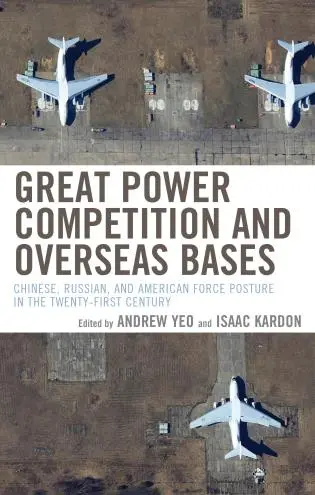
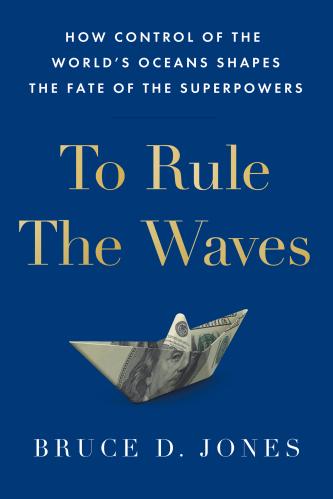

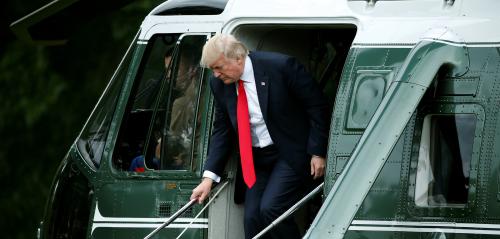
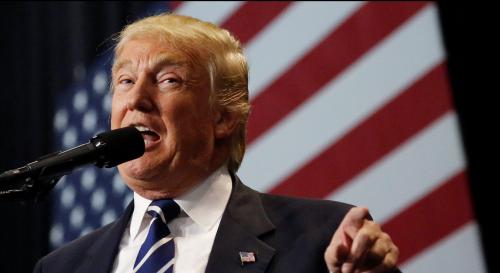
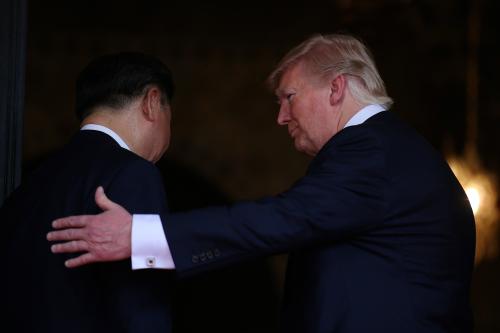




Commentary
Surprise! Trump’s foreign policy is turning out okay
February 24, 2017